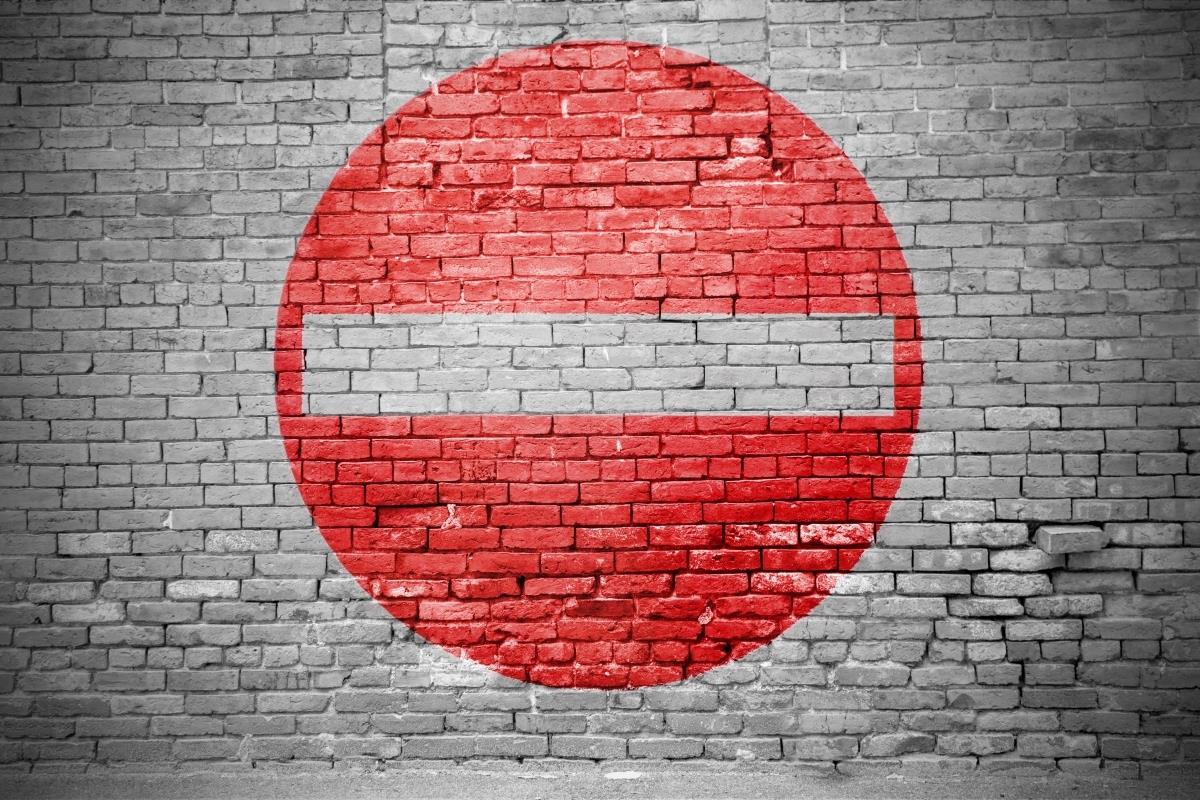The Disclosure and Barring Service (DBS) exists to help organisations recruit safely and to prevent unsuitable candidates from working with vulnerable people. Jobs involving contact with vulnerable adults or children may require the job applicant to undergo a DBS check.
Some roles require an enhanced DBS check with a check of the barred lists. This will check whether the applicant is included on one of the two DBS barred lists (previously the ISA barred lists).
In this blog, we will cover what does the DBS barred list mean as well as which roles require a check of the list.
What does DBS barred list mean
The lists are maintained by the Disclosure and Barring Service, and there are two of them.
The two barred lists were created following the enactment of The Safeguarding Vulnerable Groups Act 2006.
One is the Children’s Barred List, which is a list of people who have been barred from working with children (which replaced List 99, the POCA list and disqualification orders).
The other is the Adults Barred List, which is a list of people who have been barred from working with vulnerable adults (which replaced the POVA list).
What are the barred lists for?
The barred lists allow the DBS to keep a record of people who are not permitted to work in a regulated activity with children and/or vulnerable adults.
It’s a criminal offence for a person to work with a group from which they have been barred from working.
It’s also an offence for an employer to hire a person to work in a regulated activity with children and/or adults if they have been barred from doing so.
DBS barred list offences
There are many offences that can mean people are added to the DBS barred list. Usually, any serious crime that suggests a person will be a risk to children or vulnerable adults forever will result in being added to the list. Some include:
- Murder
- Sexual Assault
- Possession or distribution of indecent images of children
- Bad treatment of patients
- Other offences with minors
How does the DBS decide whether to add someone to the barred lists?
As part of its decision-making process, the DBS usually considers a range of information from the police, as well as referrals from employers, regulatory bodies and other agencies. An individual can be placed on the list either because of a caution or conviction they have received or because they have been referred to the DBS by an organisation.
The DBS considers offences (convictions or cautions), evidence of inappropriate behaviour and evidence of behaviour likely to harm a child or vulnerable adult.
Before the DBS comes to a barring decision, the individual in question is given the information the decision is based on and the opportunity to explain their case.
What is a DBS barred list referral?
A referral is information about a person given to the DBS, detailing concerns that the person may have harmed a child or vulnerable adult, or put a child or vulnerable adult at risk of harm.
Following a referral, the DBS will consider whether the person should be added to a barred list.
Who can make DBS barred list referrals?
Legislation states that the following types of organisations can make a referral to the DBS:
- Local authorities
- Education authorities in Northern Ireland
- Health and social care bodies in Northern Ireland
- Supervisory authorities in England, Wales or Northern Ireland
- Keepers of register in England, Wales or Northern Ireland
- Regulated activity providers
- Personnel suppliers
Regulated activity providers and personnel suppliers have a legal duty to make referrals where the right conditions are met – we’ll explain those conditions in a moment.
This legal duty applies even if a referral has also been made to a professional regulator or local authority.
Family members and members of the public cannot make referrals. If a family member or member of the public has a safeguarding concern, they should report it to the police, social services or the employer of the person in question.
When should you make a DBS barred list referral?
An organisation should make a referral if they think a person has:
- Harmed or poses a risk of harm to a child or vulnerable adult
- Satisfied the harm test; or received a caution or conviction for a relevant offence; and the person they’re referring works, has worked or may in future work in regulated activity
If you’re an employer or volunteer manager working within a regulated activity provider overseeing applicants in positions of regulated activity with both child and/or vulnerable adults or a personnel supplier, you have a legal duty to make a referral if the following conditions have been met:
- You’ve withdrawn permission for said person to engage in regulated activity with children and/or vulnerable adults, or you’ve moved the person to a different area of work where they’re not working in regulated activity. This can still apply after resignation, retirement or re-deployment.
- You think the person has harmed or posed a threat to a child or vulnerable adult and satisfied the harm test (see below) by either inaction or action and putting them at risk.
- There has been relevant conduct, i.e. action or no action but a risk of harm to a child or vulnerable adult still exists.
- They have been cautioned or convicted of a relevant offence.
To satisfy the harm test, there must be a concern that a person may harm a child or vulnerable adult, or put a child or vulnerable adult at risk of harm – even if the person hasn’t yet done so.
If an organisation with a duty to refer fails to make a referral without reasonable justification, they’ll be committing an offence. If convicted, they may face a fine of up to £5,000.
How do you make DBS barred list referrals?
To make a referral, complete the DBS barring referral form. You’ll also find guidance for completing the form in the same place.
It’s important to provide as much relevant information as possible to ensure the DBS is best placed to assess the case.
For more detailed information about making referrals, check out the government’s guidelines for doing so, or contact them directly on 01325 953 795 or dbsdispatch@dbs.gsi.gov.uk if you need help or advice on this matter.
Which roles require a check of the DBS barred lists?
A barred list check can be requested as part of an Enhanced DBS Check, but only if the applicant is eligible.
To be eligible, the position the applicant is applying for must involve engaging in regulated activity with children and/or vulnerable adults.
In relation to children, the following activities are classed as regulated activity if done regularly:
- Unsupervised activities: teaching, training, instructing, caring for or supervising children; providing advice or guidance on wellbeing; or driving a vehicle only for children.
- Working for a limited range of establishments (‘specified places’) with opportunity for contact with children, for example, schools or children’s homes.
The following are always classed as regulated activity with children:
- Healthcare for children provided by, or under the supervision of, a regulated healthcare professional.
- Personal care for children.
- Registered childminding or foster care.
- Managing or supervising any person who is engaging in regulated activity.
You can view further details here by visiting the government’s guidance on regulated activity with children.
In relation to adults, the following activities are classed as regulated activity:
- Healthcare for adults provided by, or under the supervision of, a regulated healthcare professional.
- Personal care for adults.
- Social work provided by a social care worker.
- Assisting an adult with cash, bills or shopping because of their age, illness or disability.
- Assisting in the conduct of an adult’s own affairs under a formal appointment.
- Conveying or transporting adults because of their age, illness or disability to or from places where they receive healthcare, personal care or social work.
For more detailed definitions, see the government’s guidance on regulated activity with adults.
If the applicant’s role involves doing any of these tasks, they will be eligible for a check of the relevant barred list.
How can I apply for a DBS barred list check?
You can get a DBS check with uCheck! And the best thing is you only need to pay for what you need. Check out our pricing for more information. If you work for an organisation that carries out DBS checks on its employees, uCheck can help you. We offer the following DBS checks:
Once you’ve registered your organisation with us, requesting a DBS check through our online system takes less than five minutes, and most checks are completed within 48 hours.
Get in touch with us today and let us help you take the headache out of the DBS checking process.







